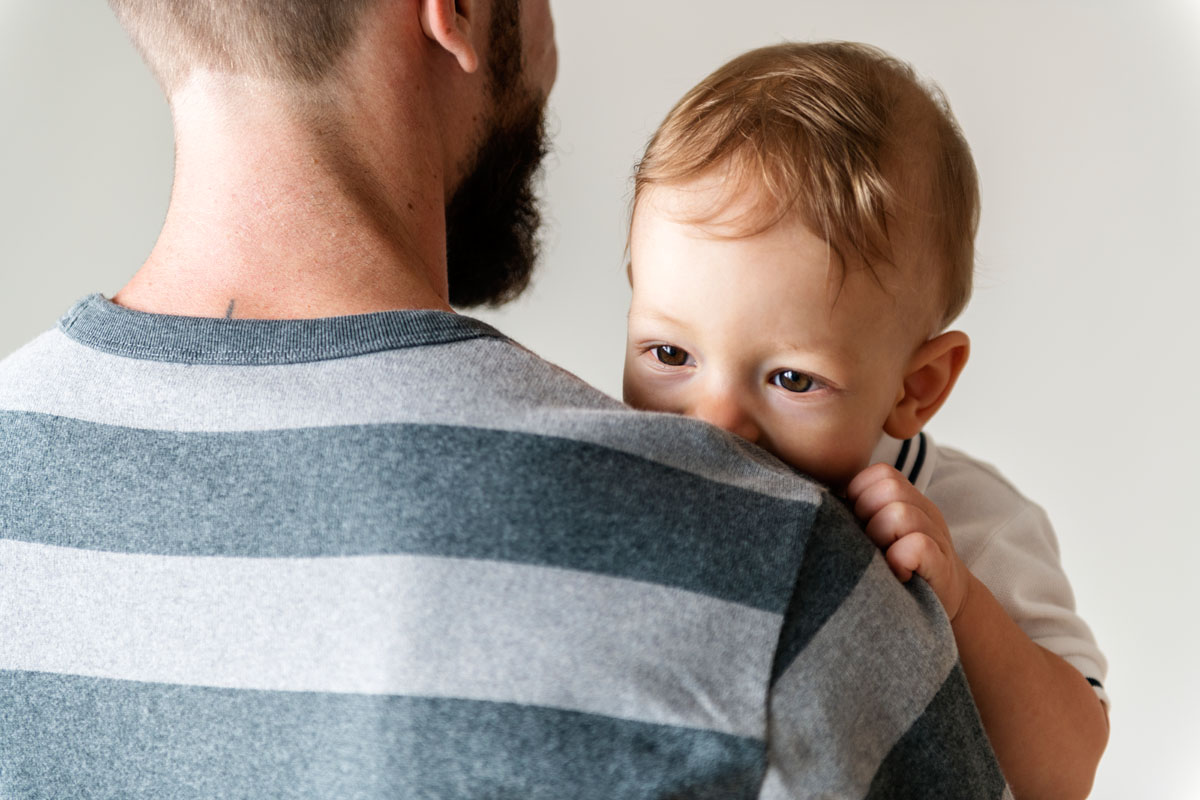What is an Unfit Parent?

An unfit parent is one who, due to their behavior, actions, or circumstances, is deemed incapable of providing a safe, stable, and healthy environment for their child. Courts evaluate various factors to determine whether a parent is unfit, often in the context of custody disputes or child protective services investigations. The criteria can vary by jurisdiction, but common factors considered include:
Criteria for Determining an Unfit Parent
- Abuse and Neglect:
- Physical Abuse: Evidence of physical harm or the threat of harm to the child.
- Emotional Abuse: Behavior that causes psychological trauma, such as constant criticism, threats, or rejection.
- Sexual Abuse: Any form of sexual misconduct or exploitation involving the child.
- Neglect: Failure to provide basic needs such as food, clothing, shelter, medical care, or education.
- Substance Abuse:
- Drug or Alcohol Abuse: A parent’s addiction to drugs or alcohol can impair their ability to care for their child and create an unsafe environment.
- Mental Health Issues:
- Untreated Mental Illness: Severe mental health conditions that are untreated or inadequately managed and negatively impact the parent’s ability to care for the child.
- Behavioral Disorders: Conditions that lead to erratic or dangerous behavior around the child.
- Domestic Violence:
- Violence in the Home: Exposure to domestic violence, whether the child is a direct victim or a witness, can be grounds for deeming a parent unfit.
- Criminal Behavior:
- Criminal Activity: Involvement in illegal activities, especially those that could endanger the child, such as drug dealing, theft, or violence.
- Incarceration: A parent’s imprisonment can also be a factor, particularly if it results in the inability to provide a stable home environment.
- Lack of Parental Involvement:
- Abandonment: Leaving the child without proper care or contact for an extended period.
- Failure to Maintain Contact: Consistent lack of involvement or interest in the child’s life.
- Parental Alienation:
- Manipulative Behavior: Efforts to undermine the child’s relationship with the other parent, which can include false allegations, bad-mouthing, or manipulation.
- Inability to Provide a Safe Environment:
- Unsafe Living Conditions: Living conditions that are hazardous to the child’s health or safety, such as exposure to dangerous individuals or environments.
- Unstable Lifestyle: Constant moving, lack of stable housing, or failure to provide a consistent routine for the child.
Legal Process for Determining an Unfit Parent
- Filing a Petition:
- A concerned party, often the other parent or a child welfare agency, files a petition with the court to evaluate the fitness of a parent.
- Investigation:
- The court may order an investigation by social services or appoint a guardian ad litem to represent the child’s best interests. This may involve home visits, interviews, and reviewing records.
- Evidence and Testimony:
- Both sides present evidence and testimony. This can include medical records, police reports, witness statements, and expert testimony.
- Court Hearing:
- A judge evaluates the evidence and determines whether the parent is unfit. The focus is on the best interests of the child.
- Court Orders:
- If a parent is found unfit, the court may issue orders regarding custody, visitation, and parental rights. This can include supervised visitation or, in severe cases, termination of parental rights.
Consequences of Being Deemed Unfit
- Loss of Custody:
- The unfit parent may lose physical and/or legal custody of the child. Custody may be awarded to the other parent, a relative, or the state.
- Supervised Visitation:
- The parent may only be allowed supervised visits with the child to ensure the child’s safety during interactions.
- Termination of Parental Rights:
- In extreme cases, parental rights may be terminated, meaning the parent no longer has any legal rights or responsibilities toward the child.
- Mandatory Treatment or Rehabilitation:
- Courts may order the parent to undergo treatment for substance abuse, mental health counseling, or parenting classes as a condition for regaining custody or visitation rights.
Determining a parent as unfit is a serious legal finding with significant consequences for both the parent and the child. Courts prioritize the child’s best interests and safety, considering a wide range of factors to make their determination. If a parent is struggling with issues that could impact their fitness, seeking help and addressing these problems proactively is crucial for maintaining or regaining their parental rights.
Read More About:
What Are The Chances Of A Father Getting Full Custody?
How Can a Father Get Full Custody?
Child Custody Rights For Mother’s
Family Law & Child Custody Information
Tips For Fathers Trying To Get Custody
Speak with Our Father’s Rights Attorneys in Scottsdale
Our Father’s Rights, child custody, and guardianship attorneys in Phoenix and Scottsdale address your case with concern and personal attention, and always have you and your children’s best interest in mind when offering legal solutions.
We are experienced family law attorneys and will work with you to obtain the best possible outcome in your situation. You can trust us to represent you fully, so you can get on with your life. Call today for an initial consultation!
*This information is not intended to be used as legal advice. Please contact Canterbury Law Group today to learn more about your personal legal needs. 480-744-7711 or [email protected]

